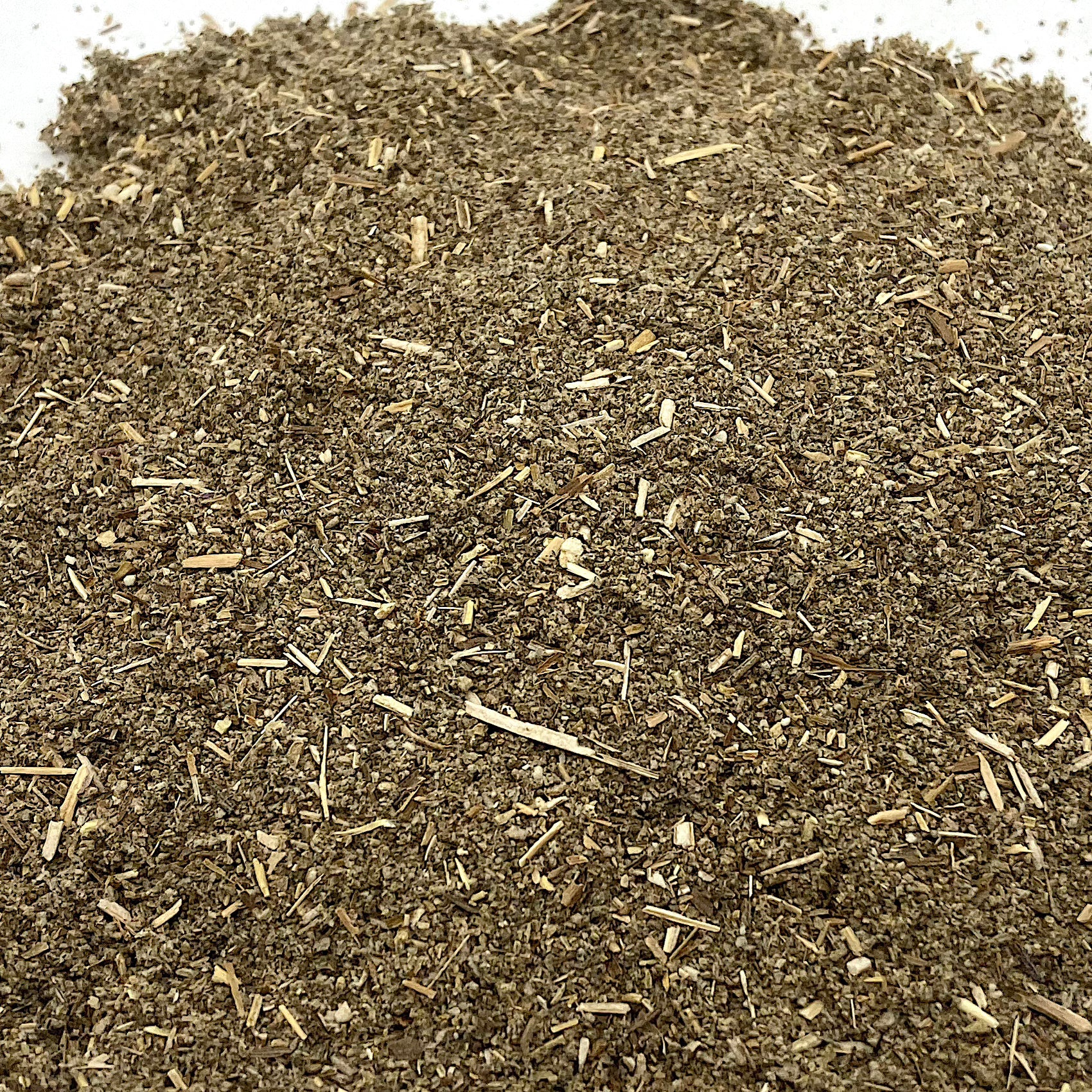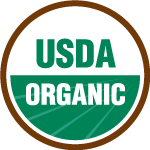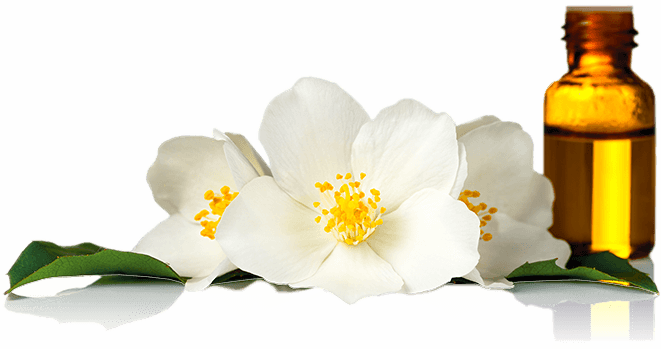Description
ALBANIA. Sage (Salvia officinalis) Leaf, Cut and Sifted, Certified Organic
Common names: Common Sage, True Sage, Golden Sage, Garden Sage, Dalmatian Sage, Shu Wei Cao, Yegherbag, Marmarak, Marva, Faskomilo, Disotu, Lao Meih Chou, Kadulja, Bhui Tulsi, Jalbiz, Maryamiya, Deri Sop, Zajbelj
Family: Lamiaceae
Sage is an evergreen perennial shrub that originated in the Mediterranean area and is now grown in most parts of the world. It usually grows no higher than 2 feet, preferring dry soil with full sun to partial shade. Sage is a culinary herb added to savory dishes in many cuisines. It is cultivated as a drought-tolerant landscaping plant.
Sage has been part of European herbalism since ancient times. Its antimicrobial properties were highly regarded; it was part of many recipes for Four Thieves Vinegar, a formula for preventing infection with the black plague. It is remarkable for its astringent, drying effects: curbing excessive flows of perspiration, nasal and sinus secretions, saliva, breast milk, and bleeding. Dr. Christopher remarks that Sage tea should be taken cold to arrest sweating in night sweats or hot flashes, but can also be given to increase sweating to fight infection in the early stages of acute illness when drunk hot.
Sage has been used as an astringent and antiseptic for conditions affecting the mouth, gums, tongue, throat, and tonsils. It is said to aid digestion, clear lung congestion, bring on delayed menses, ease joint pains, calm nervous excitement, improve the memory, lift the mood, cool fevers, benefit the liver and kidneys, balance excessive or deficient libido, aid fertility, beautify the hair and skin, cure snakebites, bolster the memory, promote sleep, and relieve headaches.
Sage’s active ingredients include volatile oils, terpenes, tannins, phenolic compounds such as rosemarinic acid, flavonoids, and phytoestrogens.
Sage should be avoided during pregnancy and lactation.
*These statements have not been evaluated by the FDA. These products are not intended to diagnose, treat, cure or prevent any disease.









